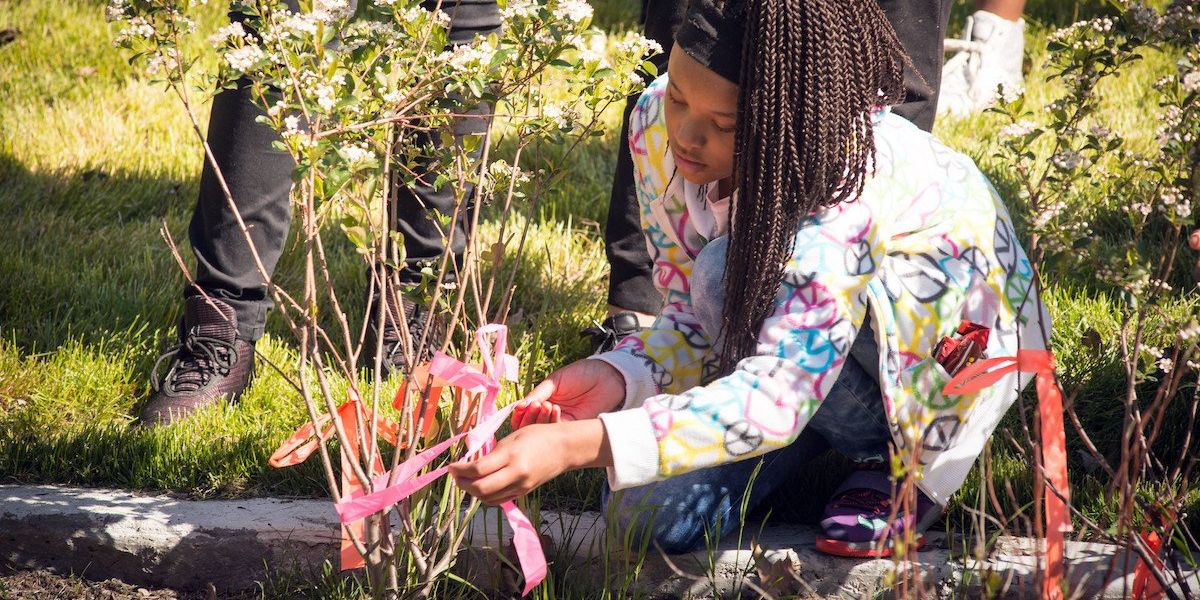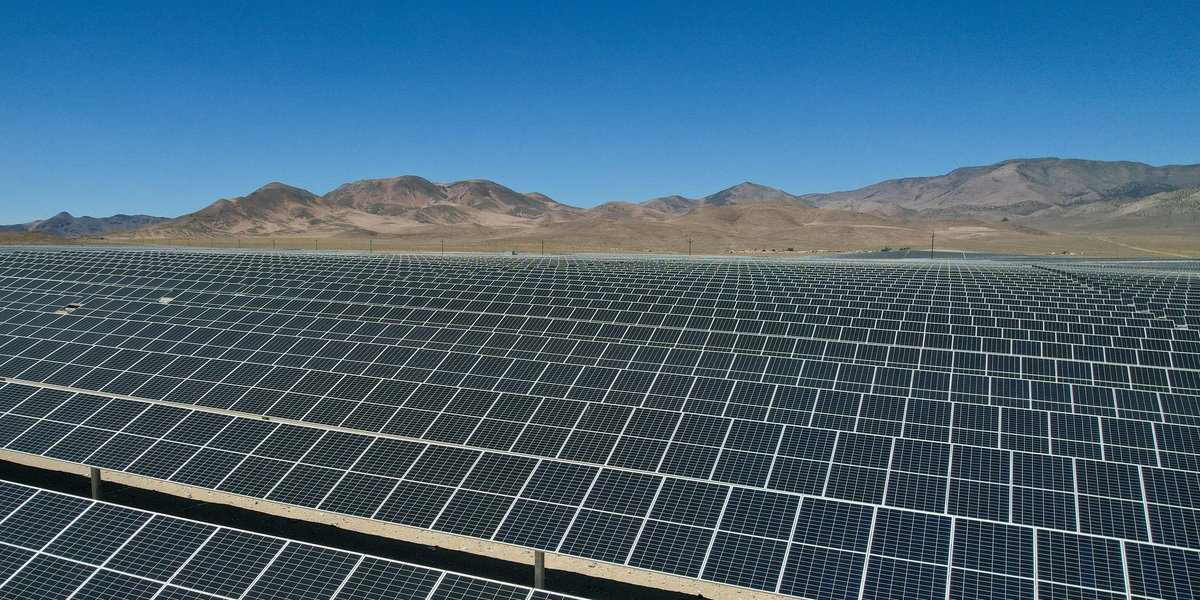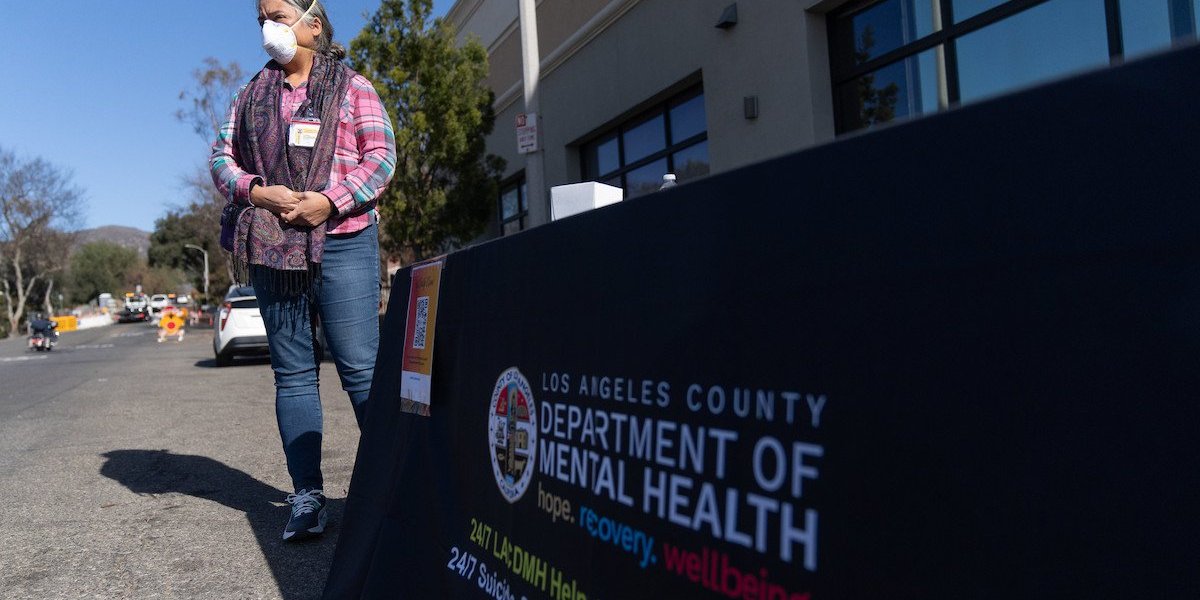
Black communities forge a path to climate resilience
Across the U.S., Black-led environmental initiatives are tackling systemic neglect and creating sustainable, thriving communities, from urban gardens to climate-resilient neighborhoods.
Adam Mahoney reports for Capital B.
In short:
- In Detroit, a Black-led co-op provides affordable, nutrient-rich food, supports local farms and empowers residents through community ownership.
- Memphis advocates shut down a polluting sterilization plant after decades of activism, demanding accountability and a green future for their community.
- In Louisiana, twin sisters blocked industrial development and reclaimed their ancestral plantation, challenging corporate pollution and systemic racial injustice.
Key quote:
“This was never just about one plant. It’s about justice, health and dignity for a majority-Black community standing up for what’s right.”
— KeShaun Pearson, environmental activist
Why this matters:
These efforts not only address immediate health concerns but also lay the groundwork for systemic change, proving that grassroots activism can shape a more equitable and sustainable future. These successes aren’t isolated victories. They’re part of a broader reckoning with climate’s unequal impacts—and a blueprint for solutions led by the communities most affected. Read more: Wellington Onyenwe on where toxicology, food and justice intersect.














